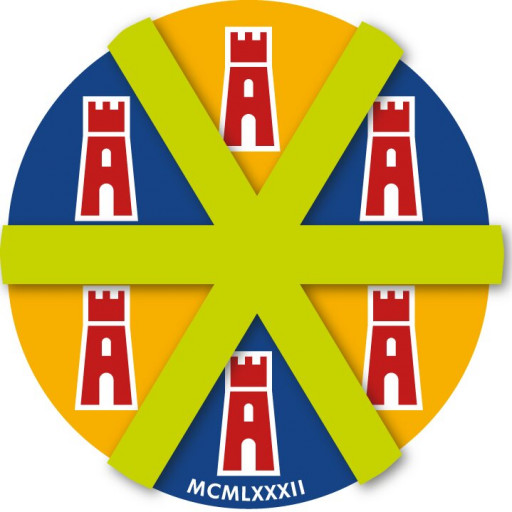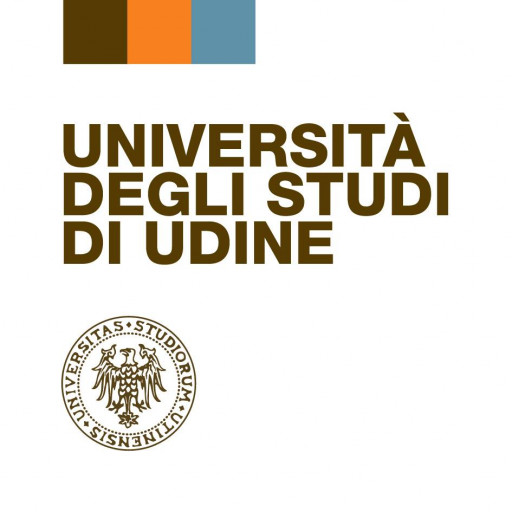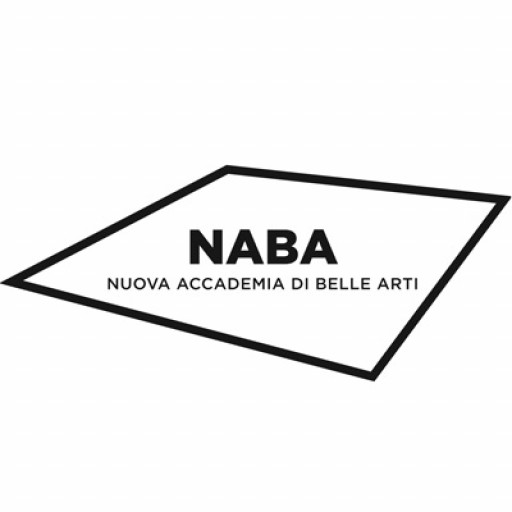Photos of university / #uwtsdinternationalstudents
The MSc in Cultural Astronomy and Astrology at the University of Wales offers an in-depth exploration of the historical, cultural, and scientific dimensions of celestial phenomena and their influence on human societies. This innovative programme is designed for students interested in understanding the ways in which astronomy and astrology have shaped civilizations, belief systems, art, literature, and scientific thought across different periods and cultures. Through a multidisciplinary approach, learners will examine topics such as the history of astronomy, astrological traditions worldwide, mythological interpretations of celestial events, and the evolving scientific understanding of the cosmos.
The programme combines theoretical knowledge with practical skills, enabling students to critically analyze ancient texts, interpret astronomical data, and appreciate the cultural context surrounding sky-watching practices. Students will have opportunities to study the development of astronomical instruments, the role of astrology in societal decision-making, and contemporary debates about the scientific validity of astrological claims. The curriculum emphasizes research methods, cultural studies, and scientific literacy, preparing graduates for careers in archaeology, museum curation, education, research, and cultural heritage management.
Delivered through flexible online learning, the MSc allows students to study at their own pace from anywhere in the world, making it accessible to working professionals, researchers, and enthusiasts. The programme is supported by expert faculty members specializing in astronomy, anthropology, history, and cultural studies, ensuring a comprehensive educational experience. By the end of the course, students will have developed critical thinking skills, a nuanced understanding of how astronomical phenomena influence human culture, and the ability to contribute to academic and practical fields related to cultural astronomy and astrology. This degree fosters a multidisciplinary perspective, encouraging inquiry into the timeless relationship between humanity and the universe, and empowers graduates to advance knowledge in this fascinating cross-section of science and humanities.
The Bachelor of Arts in Cultural Astronomy and Astrology at the University of Wales offers a comprehensive exploration of the historical, cultural, and scientific aspects of celestial phenomena and their influence on human societies. This interdisciplinary programme is designed to provide students with a deep understanding of how astronomical knowledge and astrological practices have shaped civilizations, religions, and cultural traditions throughout history. Throughout the course, students will examine the development of astronomical technologies, from ancient observatories to modern telescopes, and analyze their impact on navigation, agriculture, and timekeeping. The programme also explores the symbolism and interpretative theories of astrology across different cultures and time periods, fostering critical thinking about its role in contemporary society. Students will have opportunities to engage with practical astronomy through observing sessions and utilize astronomical software, enriching their theoretical knowledge with experiential learning. The curriculum encompasses modules on the history of astronomical thought, cultural studies of celestial symbolism, and the scientific principles underlying astronomical phenomena. Emphasis is placed on research skills, enabling students to conduct independent studies and contribute to ongoing debates within the field. The programme prepares graduates for careers in education, research, cultural heritage management, or further postgraduate study. It offers a unique blend of the sciences and humanities, encouraging an appreciation of the universe’s cultural significance and scientific complexity. The programme is suitable for students interested in unraveling the historical and cultural dimensions of astronomy and astrology, fostering a nuanced understanding of humanity’s relationship with the cosmos.
Program Requirements:
Applicants to the Cultural Astronomy and Astrology program must have completed a relevant secondary education qualification, such as A-levels, Scottish Highers, or an equivalent internationally recognized qualification. While specific subject prerequisites are not strictly mandated, a background in arts, humanities, social sciences, or sciences may be advantageous. Prospective students are encouraged to demonstrate interest or previous knowledge in areas related to astronomy, astrology, cultural studies, or history. All applicants are required to submit a completed application form, academic transcripts, and a personal statement outlining their motivation and interest in the field. Some courses may recommend or require a reference from a former educator or employer to support the application.
International students must meet the University of Wales’s English language proficiency requirements, typically evidenced through a standardized test such as IELTS with a minimum overall score specified by the university. Additionally, the program values applicants with critical thinking skills, curiosity about cultural perspectives on astronomy and astrology, and the ability to engage with interdisciplinary research. Work experience relevant to the subject matter can be considered as supplementary but is not a formal requirement. The selection process evaluates academic potential, motivation, and alignment with the program’s objectives.
For program-specific requirements, students may be asked to participate in an interview or submit a portfolio of relevant work, depending on the application pathway. Once admitted, students are expected to complete a series of compulsory modules covering topics such as the history of astronomy, cultural interpretations of celestial phenomena, the role of astrology in different societies, and contemporary debates surrounding scientific and cultural knowledge systems. Successful completion of assessments and participation in seminars and workshops are integral to progressing through the program. The program aims to develop students’ analytical skills, cross-cultural understanding, and critical engagement with both historical and contemporary issues related to astronomy and astrology.
There is no specific information available about the financing options for the Cultural Astronomy and Astrology program at the University of Wales. Typically, the University of Wales offers a range of funding opportunities for its students, including government-funded tuition fee loans, scholarships, and bursaries for both domestic and international students. For UK students, financing may include access to Student Loans provided by the government, which cover tuition fees and living costs, subject to eligibility criteria. International students may need to rely on private funding, scholarships, or sponsorships. The University also provides information about installment plans that allow students to pay tuition fees in manageable portions throughout the academic year. Additionally, students are encouraged to seek external funding sources, including national and regional grants, research awards, or sponsorship opportunities specific to their country of residence. For this program, students can contact the university's admissions and financial aid office to obtain detailed guidance on available funding schemes, application procedures, and deadlines. The university actively supports mature students, part-time learners, and students from underrepresented groups by offering tailored financial assistance. Prospective students should also explore external scholarship programs dedicated to studies in cultural sciences, mythology, or astronomy, which may be relevant to this field of study. It is recommended to regularly check the University of Wales official website and contact university departments directly for the most up-to-date and specific information regarding financing options for the Cultural Astronomy and Astrology program.
The Bachelor of Arts in Cultural Astronomy and Astrology at the University of Wales offers students an in-depth exploration of historical and contemporary practices related to celestial phenomena and their influence on human culture. This interdisciplinary programme combines perspectives from astronomy, astrology, history, anthropology, and cultural studies to provide a comprehensive understanding of how celestial events have impacted societies across different eras and regions. The course is designed to foster critical thinking, analytical skills, and a nuanced appreciation of the cultural significance of astrology and astronomy in diverse contexts. Throughout the programme, students study the history of celestial observation, the development of astrological systems, and their roles in shaping cultural narratives, religious beliefs, and social structures. The curriculum includes modules on the history of astronomy, astrological symbolism, myth and folklore associated with celestial bodies, and contemporary debates surrounding astrology’s scientific legitimacy. The programme also emphasizes practical applications, offering students opportunities to engage in observational astronomy, interpret historical texts, and analyze modern astrological practices within cultural frameworks. The students benefit from expert faculty with extensive research backgrounds in archaeology, astronomy, and cultural history. The programme is suitable for individuals interested in the intersection of science and humanities, as well as those seeking to understand the cultural dimensions of celestial phenomena. Graduates are equipped to pursue careers in cultural research, education, museum curation, astrology, or further academic study in related fields. The university’s resources include access to astronomical observation equipment, digital archives of historical texts, and partnerships with cultural institutions, enriching the learning experience. The programme promotes critical inquiry and cultural sensitivity, encouraging students to analyze the role of astrology and astronomy in shaping human history and contemporary society.










